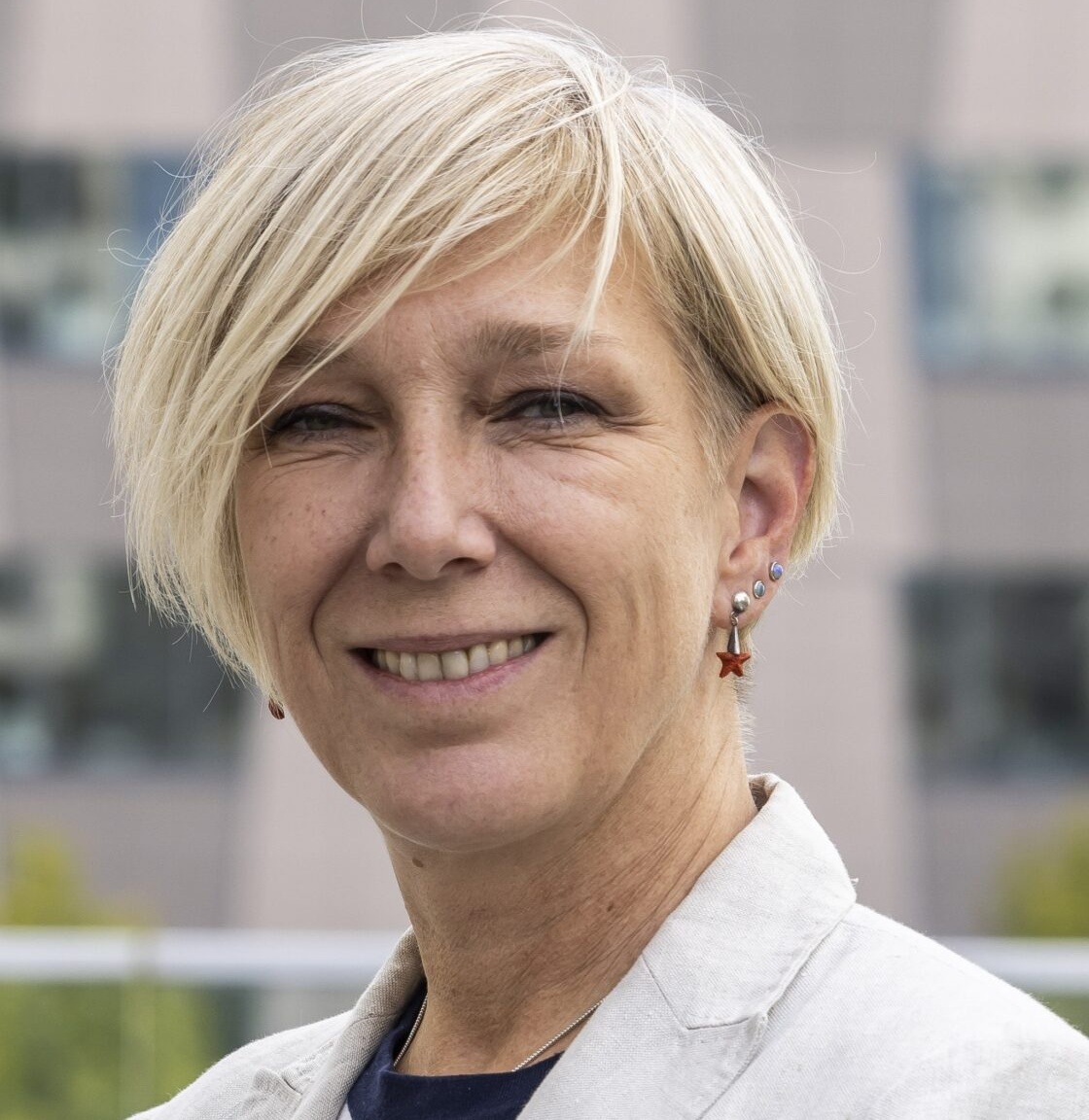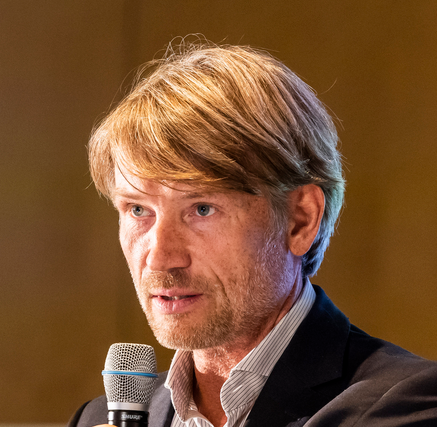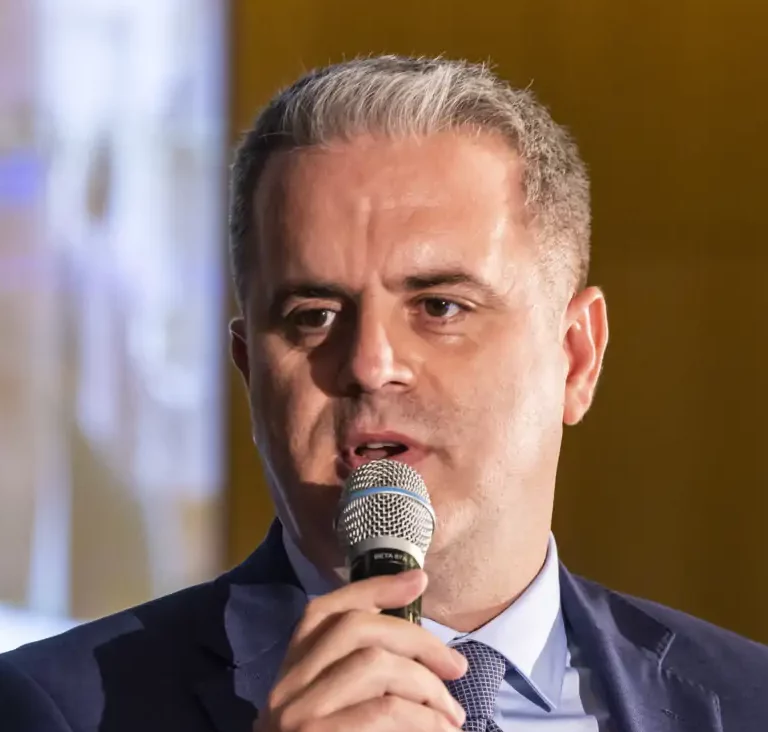“A treasure of a funding instrument”
by Sofia Shabafrouz, GIZ / EUKI
At the 4th EUKI Conference, representatives from three EUKI projects and Dr Simon Marr from the Federal Ministry for Economic Affairs and Climate Action (BMWK) discussed the benefits of EUKI as a funding instrument.

The discussion started with a depiction of how EUKI impacts European cities on the road to energy efficiency and climate neutrality. Ada Ámon, Head of Budapest’s newly established climate department, explained that having a project financed from outside of the country made a difference: it set a different pace, had an imperative to deliver, raised salaries (attractive to people wanting to work in the environmental sector), made the local leadership give greater consideration to climate and energy issues, and created an international scene (travelling to other cities, learning and sharing experiences). This, she said, had created a new ecosystem within the municipalities where ideas could be promoted and recycled. This ecosystem had led to the emergence of NGOs, that is, ‘new generation officers’, she added with a smile. Having previously worked in non-governmental organisations, these officers were now moving into the municipalities themselves, making it easier for subsequent projects to obtain national funding further down the road.
Impact beyond the capitals
Dragomir Tzanev, Executive Director of the Center for Energy Efficiency (EnEffect), concurred with Ámon on this point, stressing that this dynamic was true not only at local level, but also nationally. For Tzanev, EUKI funding thus fostered long-term capacity at different levels of government in the target countries. According to Visar Azemi, Executive Director at the Balkan Green Foundation, EUKI was having another impact at rural level, where it was helping rural regions to become attractive again to the younger generation by moving climate action and innovation away from the capital cities where most innovation and progress was typically found. Simon Marr from the Federal Ministry of Economic Affairs and Climate Action (BMWK) identified the transfer of knowledge as another benefit. ‘These few hours here with the community have already greatly enriched my knowledge and given me more food for thought,’ he acknowledged.
Essential for change: the people factor
With the people factor having been identified during the conference as a central ingredient of success in climate action, the question was asked whether there was sufficient room within EUKI for funding this aspect compared to technical solutions. The panellists discussed the importance of involving society in the major changes, given that public participation was, as Ámon put it, ‘still in its infancy in Eastern Europe.’ Turning to Tzanev, moderator Verena Ringler focused in on what cross-border collaboration might look like in the building sector. Tzanev advocated for greater ownership and mutual understanding between stakeholders across sectors. Azemi described the role of EUKI in creating dialogues within the countries to also shift public opinion at local level in the right direction towards endorsement of the energy transition.




